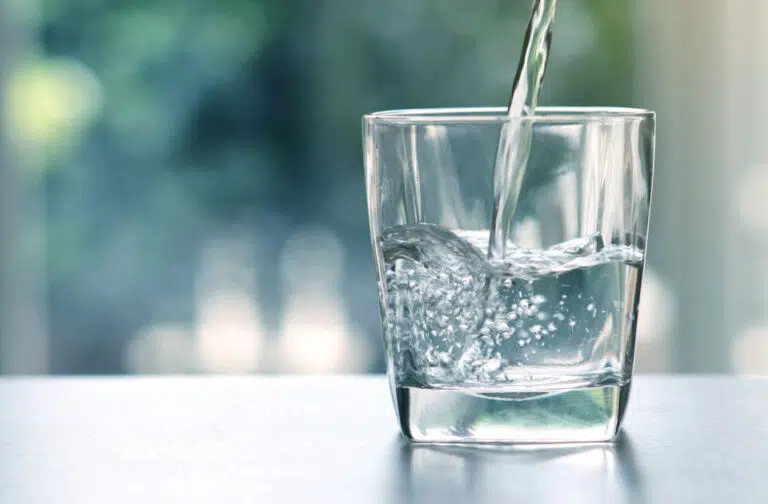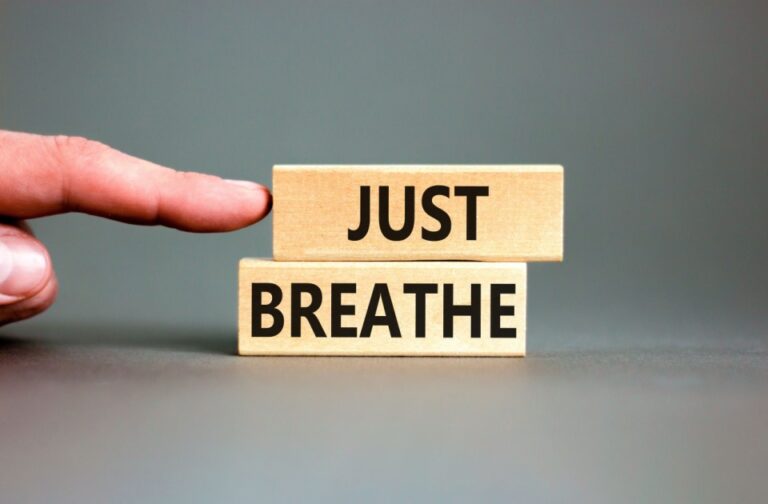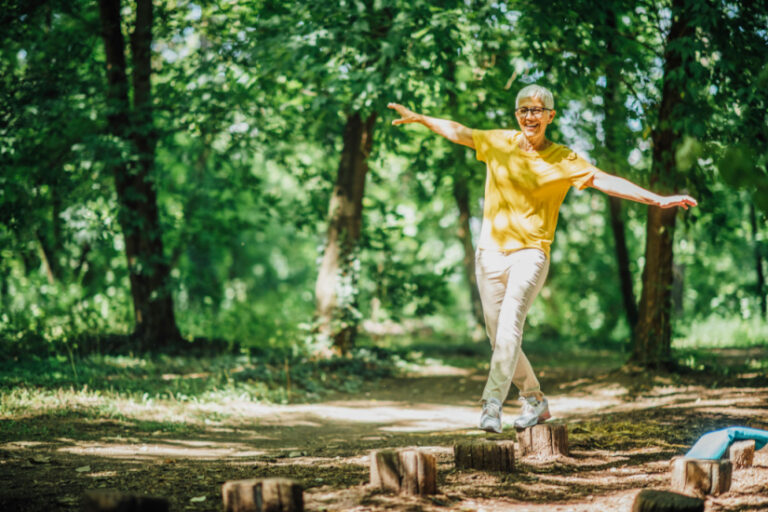
We discuss sun safety at least once a year because sun exposure can cause skin cancer.
In the United States, skin cancer is the most common type of cancer. The Skin Cancer Foundation calls it a “lifestyle disease” because it is highly preventable with proper skin protection habits.
The sun emits various types of ultraviolet (UV) rays that cause damage with repeated exposure. Some types of damage include skin cancer, as well as premature skin aging, damage to eyes, suppression of the immune system, etc. Sun protection is important all year long, and during the hottest months of the year, it is extra important. Longer hours of daylight means we have a greater risk of over exposure to harmful rays.
Summertime is the time when many people spend extra time outdoors for various activities. Spending time outdoors and in nature can be very beneficial to a healthy lifestyle. However, during the summer months, the sun’s harmful rays are strongest between 10am and 4pm. During these hours, we should limit our sun exposure. That exposure can come from outdoor sunlight, as well as indirect sunlight through windows. Make it a goal to plan outdoor activities during the morning or evening. A bonus is that you’ll also avoid being outdoors during the hottest part of the day.
UV Protection Tips:
Cover your skin: Wear a wide brimmed hat, UV protective sunglasses, and protective clothing. This includes breathable long sleeved tops and long pants. Some clothing manufacturers make clothing with SPF (sun protection factor).
Find shade: If you must be outside, take breaks in the shade or stay in the shade as much as possible.
Sunscreen: Choose the right kind and use the right amount of it. The National Council on Skin Cancer Prevention recommends at least an ounce of sunscreen each time you apply it. That’s about a palm full. Remember to reapply it regularly and cover all of your skin (places that are easy to miss: exposed scalp, tops of ears, neck, hands, tops of feet, and lips)
Know your risk: If it runs in your family, you may be genetically predisposed to it. If you’ve had skin cancer before, you have a 60% chance of getting it again within 10 years, and patients undergoing cancer treatments are at a greater risk for skin cancer because of the immunosuppression of treatments.
Talk to your doctor about UV protection, your risks and what you can do to minimize them. Protecting your skin can seem tedious but the long term benefits greatly outweigh the small costs. Be well this summer as you protect your skin from harmful UV rays.
DISCLAIMER : This article contains information that is intended to help the readers be better informed regarding exercise and health care. It is presented as general advice on health care. Always consult your doctor for your individual needs. Before beginning any new exercise program it is recommended that you seek medical advice from your personal physician. This article is not intended to be a substitute for the medical advice of a licensed physician. The reader should consult with their doctor in any matters relating to his/her health.




